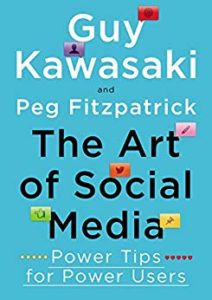Blog to Show Both Sides of an Issue

Are the oldest fossils really rocks?
Is insomnia always dangerous?
Is nervousness natural and healthy?
Is eating potatoes as bad for teens as digital technology?
These are just a few of the debatable topics covered in recent issues of both Psychology Today and Prevention Guide. But whether the topic of your own blog marketing efforts is health or geology, the blog content itself, I teach at Say It For You, needs to use opinion to clarify what differentiates your business, your organization or professional practice from its peers.
Often, when I’m tutoring students at the Ivy Tech Learning Center, they will have been assigned
an “argument essay”. After selecting and researching a topic, the idea is that the students must present differing viewpoints, selecting the one they are out to “prove” is correct. Still, the finished essay must reflect both sides of the “argument”.
The same model holds true for business blog posts, I believe. It’s a good idea to offer perspective on different points of view when it comes to an issue within your industry or profession, explaining why you support one of the different possible approaches.
Last year, in fact, I titled one of my own blog posts “New Blogging Means Being Controversial”. The concept is that you can increase traffic and build engagement with controversial content, so long as your point of view is backed up with data – and, so long as you present arguments for both sides.
Of course, a big part of the “both sides” thing has to do with your target audience, I explain to blog content writers. More than ten years ago, I wrote about an article I’d read about the Alice Cooper rock music group, which (at least for back then) was sort of “over the top”, with electric chairs, fake blood, and a boa constrictor all part of the act. The author made the point that Alice Copper was focusing on the kids, using the principle “if the parents hate it, the kids will love it.”
So, yes, in your marketing blog, speak to both sides of an issue. Having done that, however, do all you can to speak to “your” side, and “your” target readers.





Follow us online!